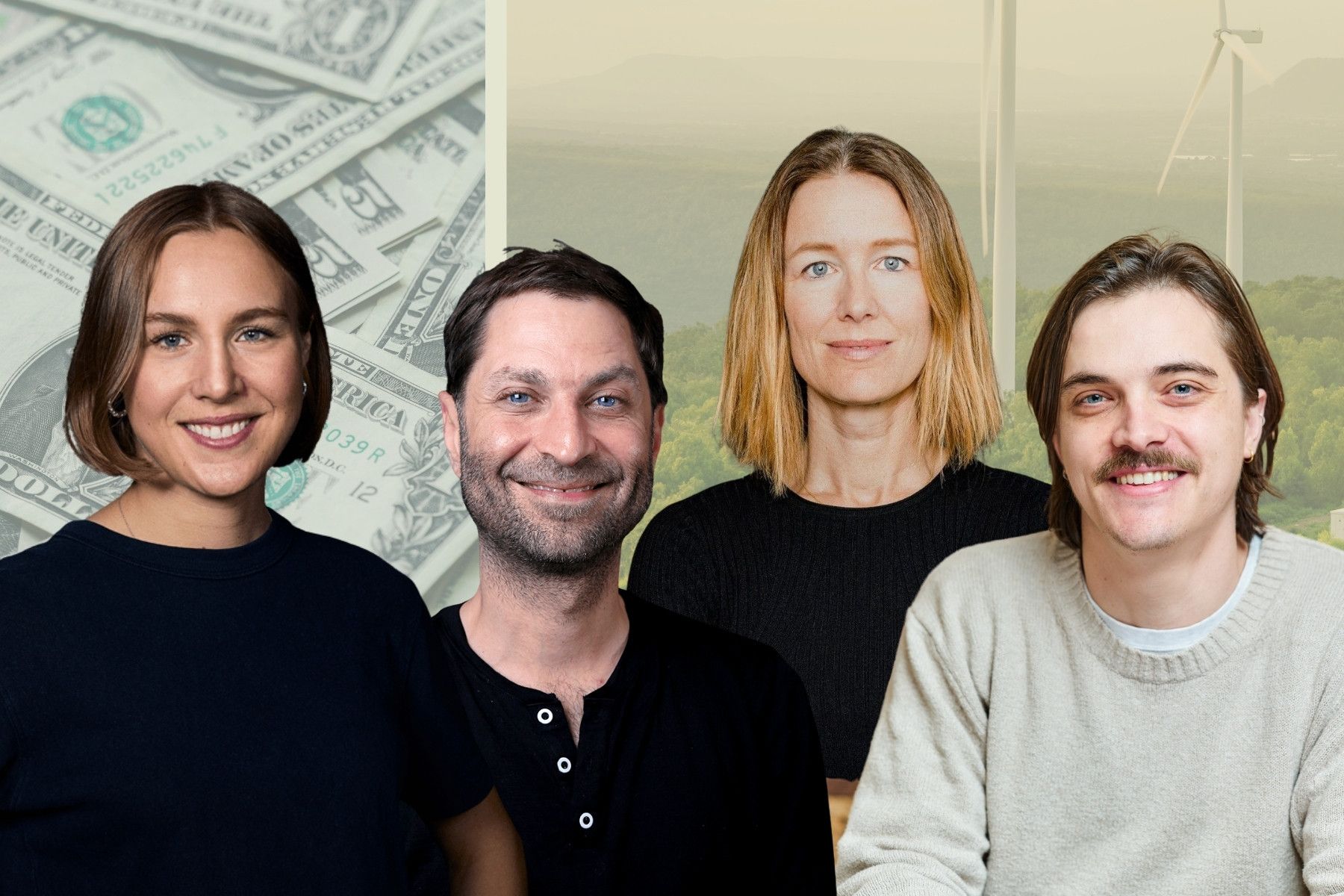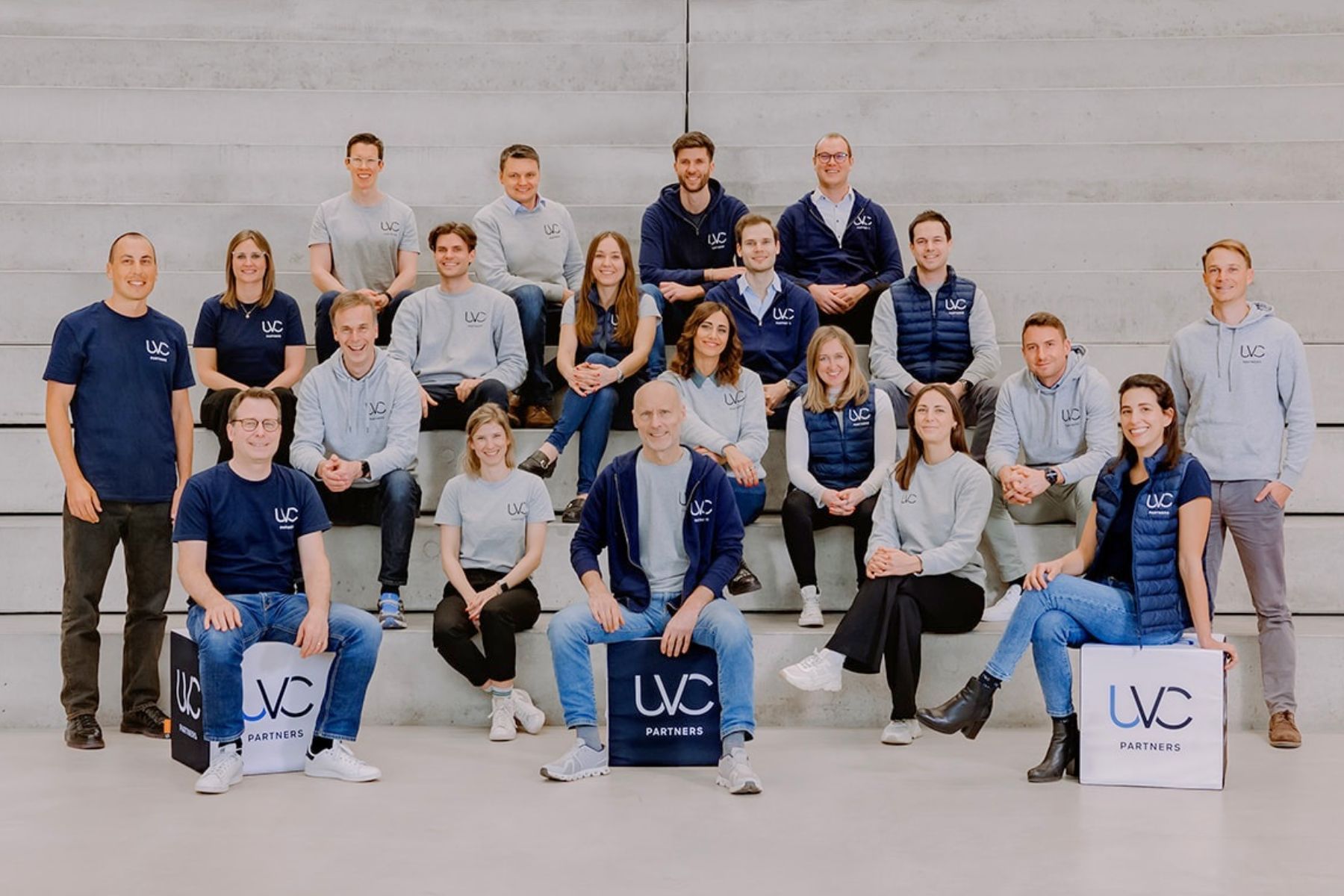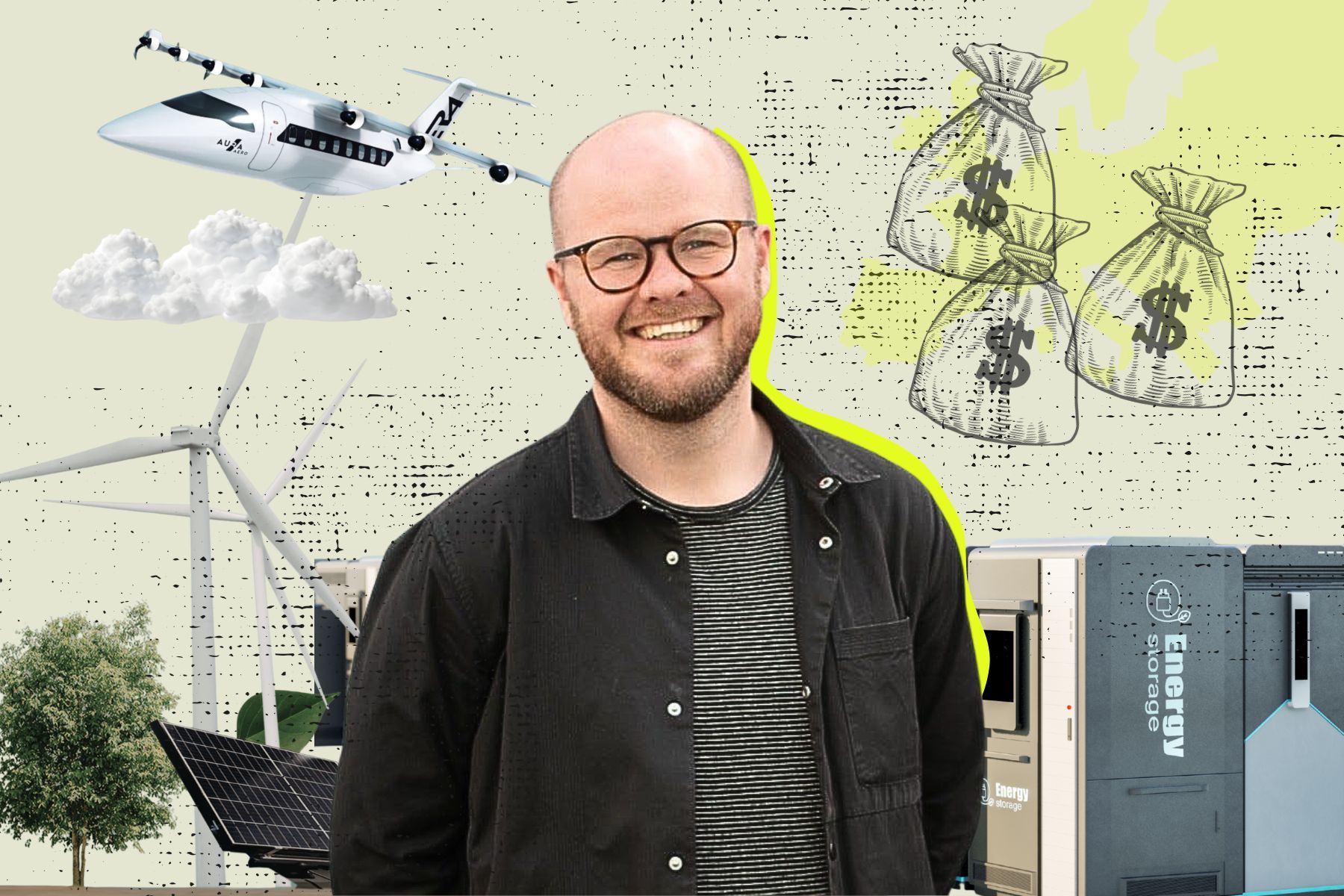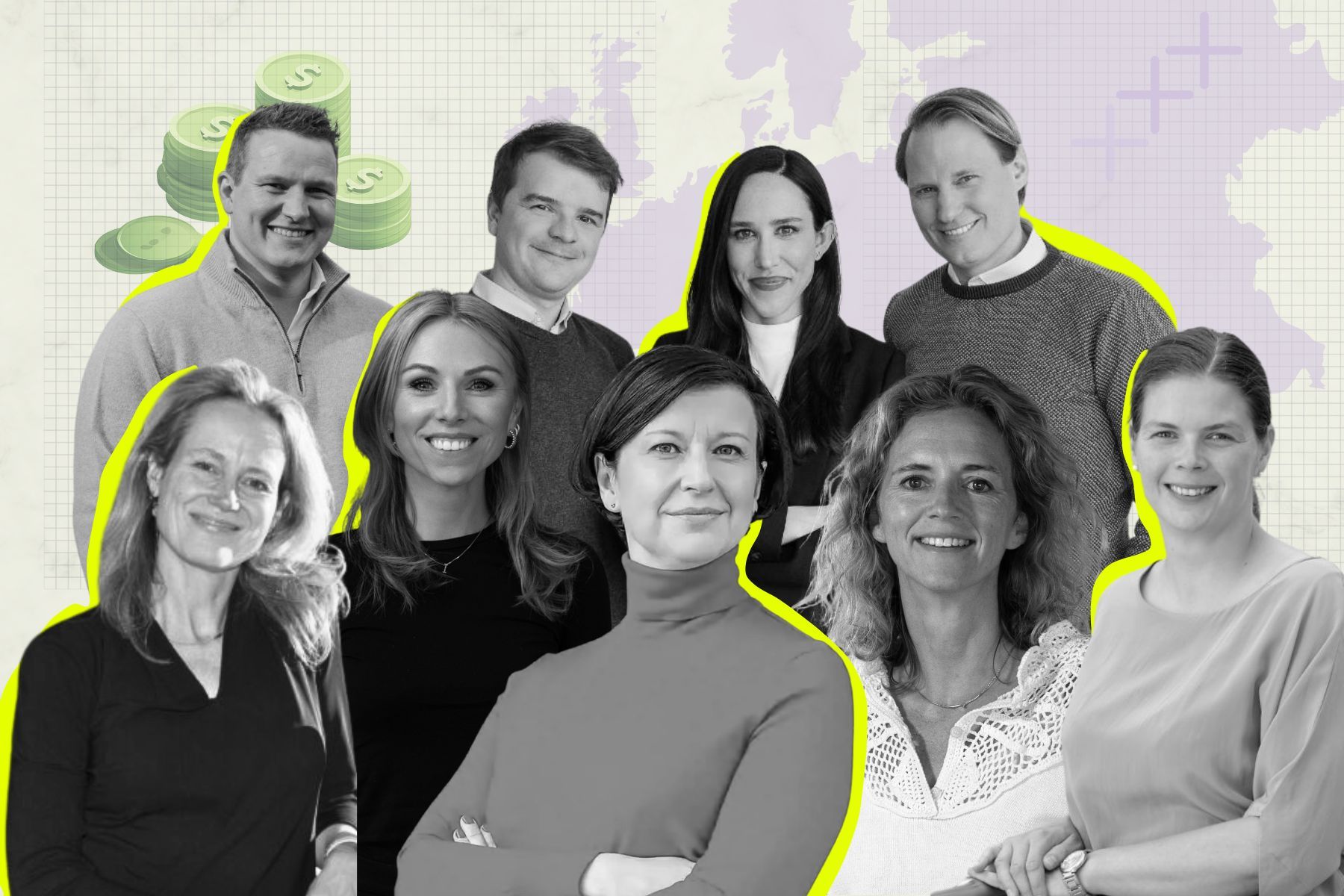Impact VCs to startups: Don’t bet your business on green premiums
The mood in impact investing is shifting. As capital gets cautious and politics turn unpredictable, Europe’s VCs say founders need to prove their startups can build around cost, resilience, and real market demand – free from green premiums. <br><br>“Build a value proposition that would succeed even if no one cared about climate change,” Charlie Macdonald, investment manager at Rubio Impact Ventures, tells Impact Loop.
.png)

Europe’s impact startups are being pushed to prove their economic edge.
As investors grow wary of fragile policy incentives and uncertain carbon markets, the focus is shifting toward solutions that are both profitable and indispensable – technologies that bolster energy security, improve efficiency, and can thrive even if the politics of climate falter.
“People want solutions that save them money or at least don’t cost more. That’s non-negotiable now,” says Alex Bakir, general partner at Norrsken Evolve. “You have to compete on cost – or at least show a clear path to cost parity."
Lessons from the past
Bakir draws parallels with the first clean tech bubble of the early 2000s, which largely imploded after the 2008 financial crisis.
“Those who built their companies on the expectation of subsidies, ESG commitments, or that someone would pay a green premium, were very exposed when the crisis hit,” he says. “A lot of people in climate tech today weren’t around during that time – and they end up making many of the same mistakes.”
Bakir points to the example of Direct air capture (DAC) technology, which remains prohibitively expensive despite billions in funding. He believes that DAC relies too heavily on the assumption that companies or governments will keep paying high prices to offset their emissions.
But Bakir doesn't completely right-off the technology. “If you can turn captured CO2 into something people actually want – a material, a product, something with real market demand – that’s a much better idea,” he says.
Riding the storm
The investor's warning lands at a delicate moment. Climate tech funding in Europe is on track for its lowest finish this year since 2018, according to Dealroom data. Meanwhile, political and economic headwinds have left startups increasingly exposed.
To ride out the storm, Beata Enwall, investment manager at Norrsken VC, thinks both impact investors and startups should focus on "the biggest, most systemic challenges."
"That means the growing demand for clean energy, a more efficient and accessible healthcare system, and resource-smart manufacturing," she tells Impact Loop. "These are massive market opportunities with huge impact potential."
But she stresses that whatever you do, make sure to build for both impact and commercial returns. "That’s where real scale comes from," says Enwall.
Reframing the narrative
That same pragmatism runs through the advice of other impact investors, too. Charlie Macdonald, investment manager at Rubio Impact Ventures, says founders need to build resilience into their storytelling – and their numbers.
“Build a value proposition that would succeed even if no one cared about climate change,” he says. “Your solution needs to win on fundamentals – cost, performance, convenience, or risk reduction. That’s especially true in a politically and culturally unstable environment.”
Macdonald argues that reframing climate tech as a driver of 'resilience,' 'energy security,' or 'efficiency' can help startups cut through the noise.
“Let’s celebrate commercial success as much as we do impact metrics,” he adds. “Every profitable, scaling impact company makes it easier for the next founder to raise capital. We need more exits, more billion-euro impact flagships, and more proof that this isn’t a niche.”
Europe’s moment?
Despite the clear challenges, optimism remains high that Europe may finally have the right ingredients for climate tech to mature.
"I really feel that for the first time in Europe, we have such a strong policy agenda,” says Lena Thiede, founding partner at Planet A Ventures.
She points to a "rare convergence" between decarbonisation, energy security, and industrial competitiveness at the political and business level.
“We’re not only talking about doing what’s right for the planet,” Thiede tells Impact Loop. “We’re looking at it from much more strategic angles now. Suddenly you have totally new alliances backing technologies that might have struggled a few years ago.”
Pictured top: Alex Bakir (Norrsken Evolve), Beata Enwall (Norrsken VC), Charlie Macdonald (Rubio Impact Ventures), and Lena Thiede (Planet A Ventures).
Get full access to Europe's new platform for impact news
- Quality journalism, interviews, investor profiles and deep-dives
- Daily newsletter with top stories, latest funding rounds and roundup to keep you in the loop
Keep reading – get in the loop!
- Håll dig i loopen med vårt dagliga nyhetsbrev (gratis!)
- Full tillgång till daglig kvalitetsjournalistik med allt du behöver veta inom impact
- Affärsnätverk för entreprenörer och investerare med månatliga meetups
Fortsätt läsa – kom in i loopen!
- Håll dig i loopen med vårt dagliga nyhetsbrev (gratis)!
- Full tillgång till daglig kvalitetsjournalistik med allt du behöver veta inom impact
- Affärsnätverk för entreprenörer och investerare med månatliga meetups









